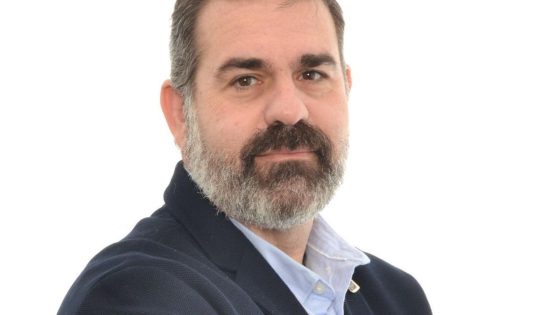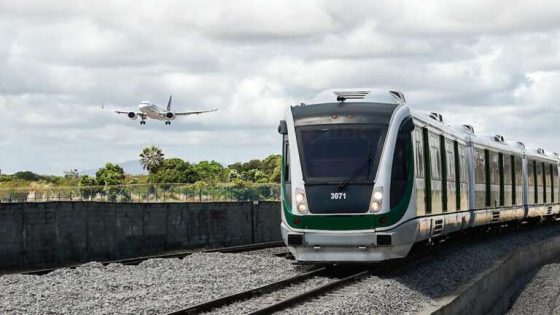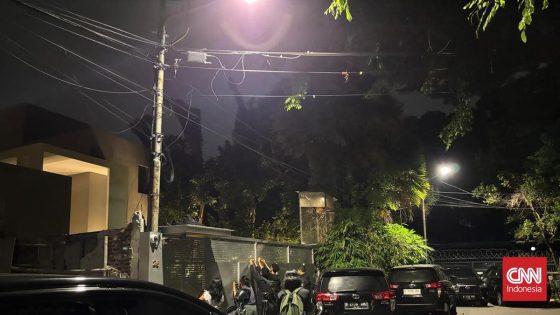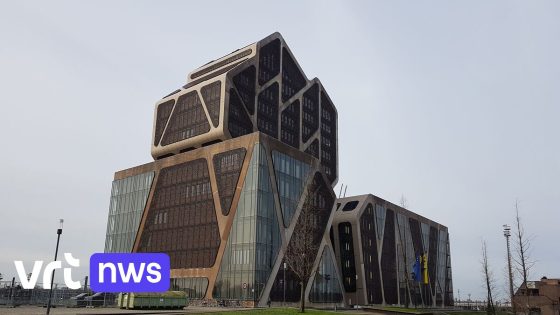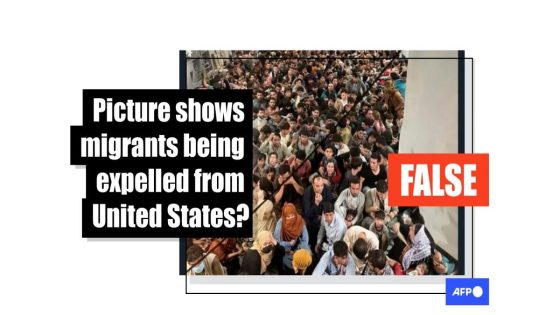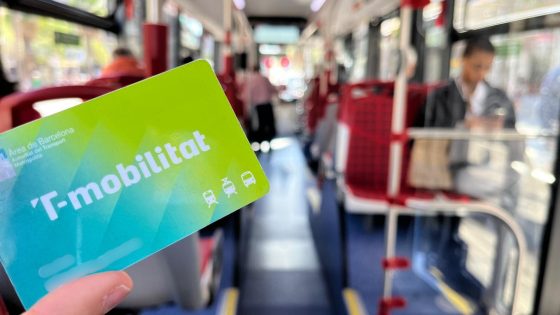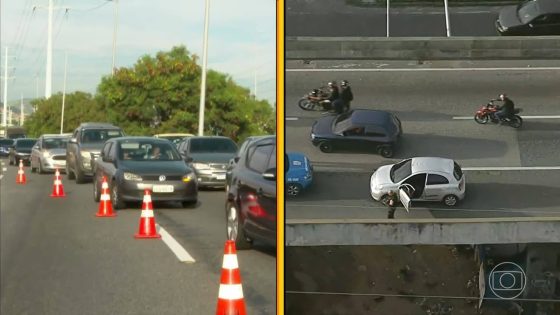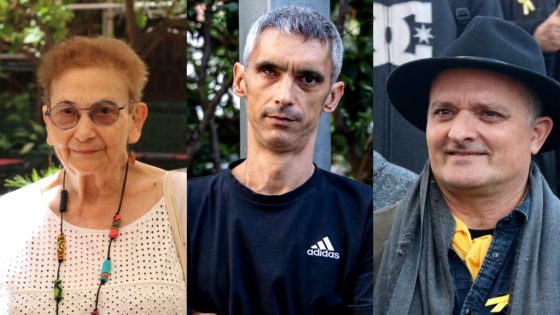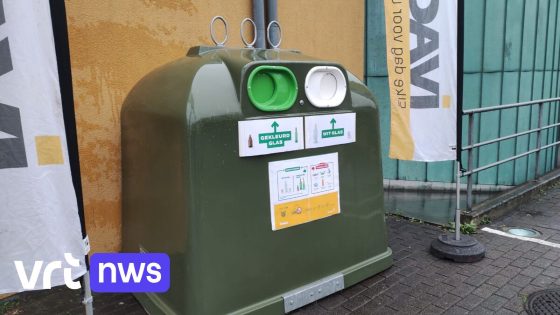On February 8, 2025, Víctor García Correas, a councilor from Rubí representing the PSC, publicly apologized for questioning the unity of the Catalan language. His remarks during a council meeting sparked controversy, particularly after opposing financial support for Bressola schools in Northern Catalonia. How can language unity be defined in a diverse cultural landscape?
- PSC councilor apologizes for language unity remarks.
- Criticism aimed at Bressola funding opposition.
- García Correas claims lack of expertise.
- Government emphasizes established linguistic unity.
- Party disavows councilor's controversial statements.
- Salvador Illa supports multilingual education approach.
Understanding the Controversy Surrounding Catalan Language Unity
Why does the unity of the Catalan language matter? García Correas’ comments highlighted a significant debate about dialects and identity. His initial remarks suggested a division within the language, which many viewed as aligning with extreme political views. This has raised questions about how language shapes our communities.
Political Reactions to García Correas’ Statements
The backlash from García Correas’ comments was swift. The government, led by Salvador Illa, emphasized the importance of recognizing the unity of the Catalan language. This incident underscores the ongoing tensions surrounding language politics in Spain.
Key Points from the Political Response
Several key reactions emerged from the political sphere following the controversy:
- The government reaffirmed the established linguistic framework of Catalonia.
- Critics highlighted the dangers of promoting linguistic division.
- Many political figures stressed that the PSC’s position remains supportive of language unity.
- Public discourse around language and identity continues to evolve in Spain.
The Importance of Language Unity in Catalonia
Language is more than just a means of communication; it is a vital part of cultural identity. In Catalonia, the unity of the Catalan language serves as a foundation for education and social cohesion. By supporting language unity, communities can foster a sense of belonging and shared identity.
Conclusion: Navigating Language and Identity in Spain
The recent controversy surrounding Víctor García Correas serves as a reminder of the complexities involved in discussions about language and identity in Spain. As communities navigate these issues, the importance of understanding and respecting linguistic diversity remains paramount.



